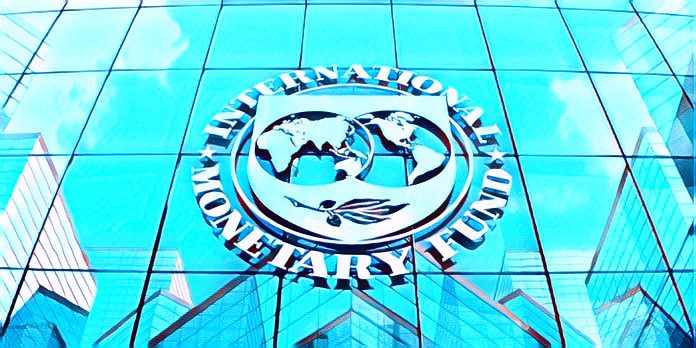KEY POINTS
- Several poor nations, including Nigeria, are experiencing a peak in debt defaults as they struggle with financial instability and external debt burdens.
- Post-default, these nations face a looming cash shortage, which could lead to financial crises, impacting government operations and economic growth.
- Nigeria’s total public debt stands at over $113.4 billion, with external borrowing contributing significantly to the country’s fiscal strain.
Nigeria’s debt profile has been on the rise over the past decade. From the DMO, Nigeria’s total public debt profile had hit over $113.4 billion by June 2023, out of which a large part was external debt. As proven by recent reports by Reuters, the country has been more and more relying on external sources of financing the budget deficits, infrastructure, and social expenditures. As much as this has assisted in covering government expenditure the debts have also come with their problems.
Cash shortage: a threat to Nigeria’s fiscal stability
Among the more disturbing consequences of the rising default wave is a possible shortage of cash. The Nigerian economy is still oil-dependent, and since the international markets for commodities are volatile, the reserve has not been adequate to fund the spending requirements. The CBN has been under pressure to defend the naira which has resulted to drawing down the foreign reserves. As Nigeria’s reserves continue to dwindle and the debt problem looms large, the country may end up in a situation where it cannot generate enough money to meet its basic needs, including welfare spending, investments in infrastructure, and public service wages.
This is so given that inflation is currently standing at 25.8% as of September 2024 – the highest in two decades – which poses more threat of a cash shortage. Since citizens’ purchasing power has been reduced through inflation, and the naira depreciating against major currencies, the government’s capacity to raise revenues is compromised. When a country’s currency depreciates, inflation rates are likely to rise, and when the government is forced to borrow more cash to meet its debt obligations, the vicious cycle is complete.
The impact on economic growth
The implications of this impending calamity are far-reaching in the economic sense of the word. A cash shortage will probably slow the country’s economic growth since the government will be unable to spend much money on the development of healthcare, education, and infrastructure. This could result in a decline in the quality of services that are offered to the citizens, hence the levels of poverty and inequality will be on the rise. Nigeria, a country with a youthful population, and any country that has the potential to grow could see its growth rate reduced or even go into reverse.
Further, the private sector too would be affected. This is the reason why when the government’s spending is low, then the demand for products and services will also be low. It is expected that many enterprises, particularly those working under the system of contracts with the government, may experience certain financial problems and, therefore, release people and increase the unemployment rate. The consequences could be seen as affecting the whole economy and this may lead to stagnation for a long time.
The role of the international community and debt relief
A possible remedy to this looming problem is external assistance. As with most developing countries, there are opportunities for Nigeria to receive debt relief and for its debt to be restructured. However, debt relief normally has strings attached; policy reforms that may have negative repercussions for social spending and affect the poor most. Thus, although the provided debt relief might be useful in the short run, it might have a detrimental effect in the long run if not well handled.
The path forward: fiscal discipline and diversification
For Nigeria to avoid getting into a deeper debt crisis and, therefore, facing cash shortage, it has to adopt a much more disciplined fiscal policy. This implies reducing government expenditure, reducing unnecessary expenditures, and enhancing the collection of revenue. There is one aspect that has been rather neglected and that is the country’s tax system. Nigeria has one of the lowest tax to GDP ratio in the world, which is about 6% as against the global average of 15-20%. The government of Nigeria could be in a position to achieve a better and sustainable revenue source if it widens its tax net and diversifies its sources of revenue other than depending on oil.
In addition, Nigeria has to keep on trying to diversify its economy. The country heavily relies on the exportation of oil and this has made it susceptible to fluctuations of the global market as when the prices of oil dropped. If Nigeria diversifies its economy by focusing on other sectors like agriculture, technology, and manufacturing, then it will be able to create more jobs, earn more from exports, and avoid relying on borrowing.
Nigeria is at a crossroads in its economic development. The tide of defaults that has been witnessed across the developing nations is a wake-up call that the country needs to accord the debt crisis the deserved attention and start putting in place measures to avoid the likelihood of a cash crunch. Despite these challenges, Nigeria can reverse the situation through fiscal discipline, economic diversification, and international cooperation. The future is not bright, but with the right policies and leadership, Nigeria does not have to plunge itself into a deeper economic hole.



